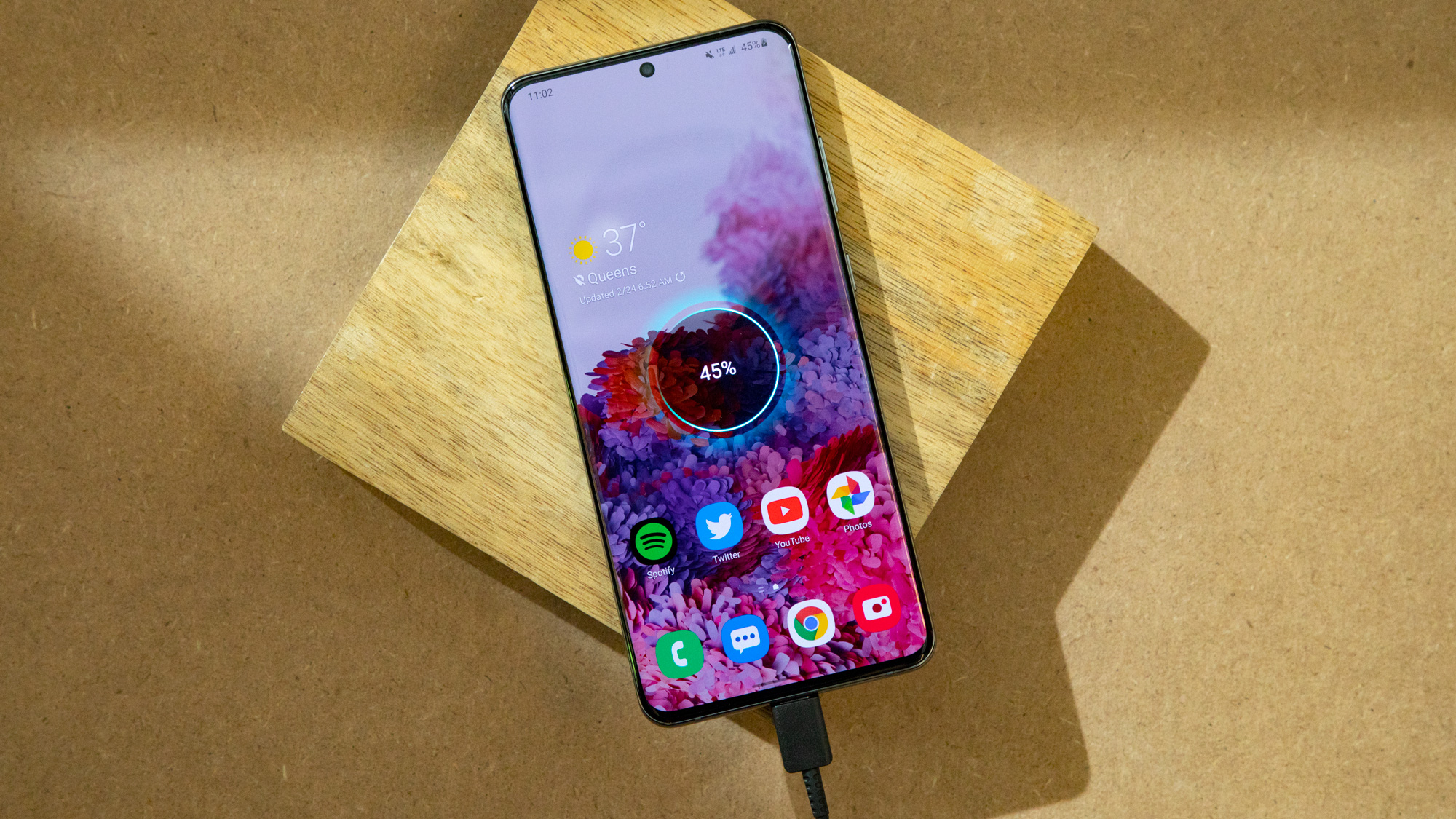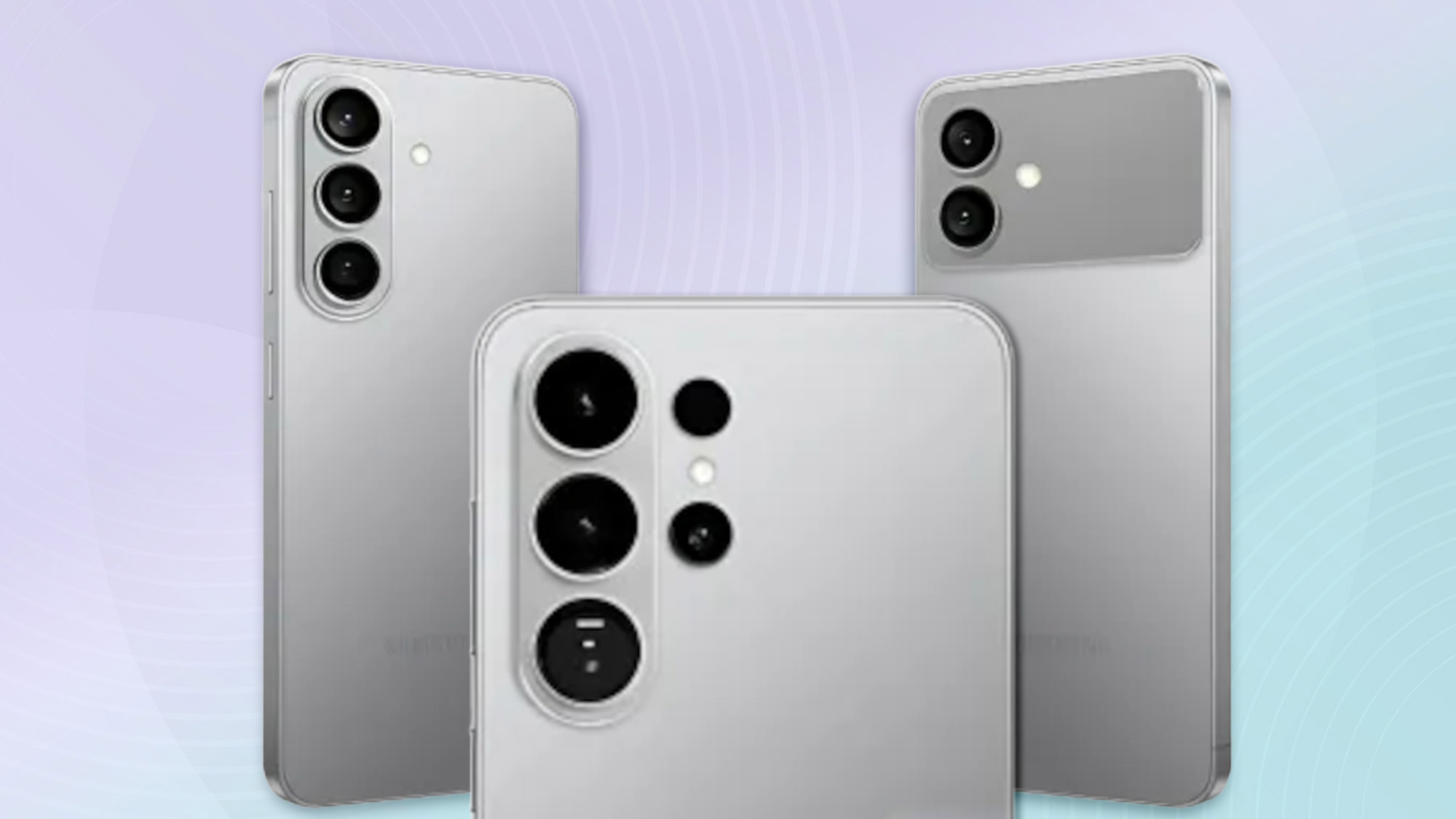Samsung Galaxy S20 sales crash: Is coronavirus really to blame?
The epidemic is only part of the story

Samsung is facing a major sales debacle with the Galaxy S20. But perhaps the culprit is not just the coronavirus.
According to the Korea Herald, the new flagship line has had a disastrous launch in Korea, with sales dropping 50% compared to the launch for the Galaxy S10 line. Being the company’s home stronghold, South Korea is considered to be a leading indicator for the health of Samsung’s phone sales. Its phones always perform better there than in the rest of the world. We don’t have worldwide sales yet, but this doesn’t look good at all.
- Samsung Galaxy S20 Ultra review
- Just in: Android 11 can save your phone's battery with this feature
- The death of ports — wireless charging breakthrough unveiled
According to the paper, Samsung sold an estimated 70,800 units of the entire series — Galaxy S20, Galaxy S20 Plus, and Samsung Galaxy S20 Ultra — on the first day of availability. By comparison, the Galaxy S10 scored 140,000 units at launch and the Galaxy Note 10 sold 220,000 units last August.
The Korea Herald cites a carrier official who claims that “sales were affected by sharp declines in discounts for new phones and the number of visitors to offline stores due to coronavirus infection fears.”
They also blame lower carrier subsidies and higher prices. And that last bit, my friends, may actually be the key here.
The problem with pricey high-end flagships
There’s no doubt that coronavirus may have played a role in this disaster, but the fact is that flagship sales are not the blockbuster events they used to be.
The Samsung Galaxy S10 was another sales disappointment for the Korean company, leading to sharp price drops just five weeks after its launch and barely two weeks after it became available. And before that, the Galaxy S9 was another sales bust. It’s been happening for the last three years.
Get instant access to breaking news, the hottest reviews, great deals and helpful tips.
It seems as if, coronavirus or not, people are fed up with the price of flagships. Apple has experienced the same drop in expensive flagship sales, which has prompted the company to correct course with the $699 iPhone 11 and, soon, the expected $399 iPhone 9 aka iPhone SE2.
Apple’s move with the base iPhone 11 price proved this point to be correct. By lowering the price of the base model, Apple was able to reverse the course of previous flagships. Meanwhile, companies like Xiaomi has seen its business thrive by offering high-quality but low-price flagships.
Why is Samsung increasing prices?
So what does Samsung do? Bump up the prices of all the Galaxy S20s, including the base model. The Galaxy S10, Galaxy S10 Plus and Galaxy S10 Plus 5G started at $899, $999 and $1,299 respectively. The Galaxy S20, Galaxy S20 Plus and Galaxy S20 Ultra cost $999, $1,199 and $1,399.
And Samsung did not bother replacing the Galaxy S10e, which started at $749. Instead it lowered the prices on last year's Galaxy S10 lineup.
Does Samsung really believe that you can keep increasing prices in a highly commoditized phone market? Why ignore Apple’s writing on the wall and its own price history?
Perhaps Samsung will drastically lower the price of the S20 in the next couple weeks, like it did with the S10. Maybe that’s the strategy: release at a high price to take the money of early adopters, and then lower the price later.
While the South Korean launch sales figures have indeed been affected by coronavirus, the trend seems clear. It is only logical to think that this race for the craziest new features along with the biggest profit margins and increasing prices is not sustainable. It has to end.
Jesus Diaz founded the new Sploid for Gawker Media after seven years working at Gizmodo, where he helmed the lost-in-a-bar iPhone 4 story and wrote old angry man rants, among other things. He's a creative director, screenwriter, and producer at The Magic Sauce, and currently writes for Fast Company and Tom's Guide.
 Club Benefits
Club Benefits






